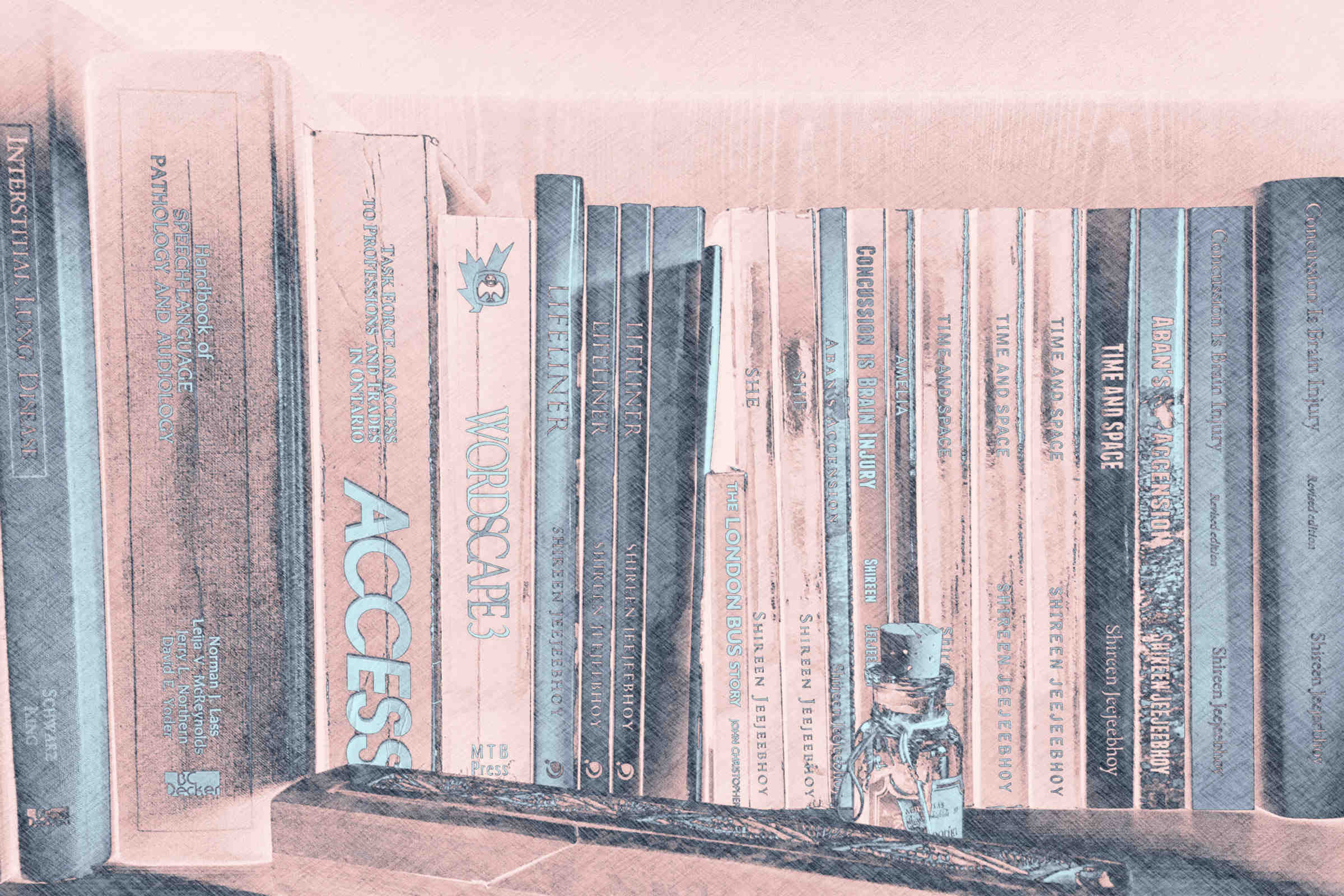The book I finished reading yesterday is the last one I time and recorded to the minute. I’m graduating to the next level of returning to pre-injury reading when it was as part of my life as breakfast, lunch, and dinner are. From today’s book on, I’m scheduling my reading sessions as a 15 to 30-minute ToDo that I’ll just tick off when done . . . although with my data semi-obsession, I’m still recording the percentage read . . . oh heck, I’ll probably record the number of minutes read in the notes. Well, I didn’t today. Too much effort so maybe I’ll just record when I read for less than 15 minutes or more than 30.
I’ve been recording the minutes and times I’ve read since I completed the Lindamood-Bell Visualizing and Verbalizing program and transitioned to reading on my own. It was a way to chart my progress, not rely on my feelings and imperfect memory. By the end of a rough day, it’s difficult to remember if I’ve even read for 5 minutes — and for many weeks, I managed only 5 minutes per day.

Neurorehab and various therapists always emphasized the importance of ticking off goals met. Graduating is a reading level well met.
For me, recording this data confirmed I’d met my daily reading goal and to make myself aware of when I was falling down. I could look at surrounding events to figure out, along with my neurodoc, what was interfering, and hopefully adjust.
In the first year or year and a half, my neurodoc provided frequent accountability, but even then I needed the hard data of a recorded reading session to say to myself, yeah, I read today. Some days I may only sort of attempted, but I still read using visualizing and verbalizing. I also recorded my reading activity on Goodreads and wrote reviews like the one for The Screwtape Letters, although I haven’t for the last few months of the COVID-19 pandemic.
Recording my sessions also forced me to write notes about my visualizing and verbalizing, what I thought about the book, when in the book I began to engage with the story (earlier and earlier from an original of over two-thirds of the way in), automaticity progress, and such like. Today, I feel like I don’t need to record these daily any more.
Recording also helped me see how I read at various times during the day and create a reading routine. More and more, I’ve been following this routine since mid-June; I’ve stuck to it for the last few weeks to the point that my brain drags me off to the reading chair at the appointed moment. This is kind of like for some people having that first morning cup of coffee before doing anything else.
Not only has this change occurred, but also reading has shifted to being an escape. Yes, I’m still aware of visualizing, but only when I go off track. Yes, I need to remind myself to verbalize. Yes, thoughts or sounds still distract me. As does hunger. But the story consumes my senses. The story grabs my emotion self and takes me out of the daily “what fresh hell today?” of current events.
This is a big step back to what reading used to be like for me. I used to enter the state of flow the moment I read the first word of any book I picked up, back before my brain injury. To feel progress toward reclaiming that state is huge, enormous, stress-busting!




